Colloidal silver is a suspension of tiny particles of silver in a medium such as water, a gel, or a cream. This remedy supposedly has health benefits and has been used for centuries as an alternative therapy. However, colloidal silver is seen as controversial due to its unsafe status given by the FDA and its dubious uses in modern medicine due to a lack of scientific evidence. But how does this compare to veterinary medicine? Can colloidal silver be used for dogs? Is it safe? This article explores the safety, uses, and risks of colloidal silver for dogs.

How Does Colloidal Silver Work?

Those who believe in the benefits of colloidal silver claim that it has antibacterial properties that can fight infection, particularly if placed topically on the skin. However, the way that colloidal silver works has never been entirely understood. The theory is that the silver in the suspension will penetrate cells and destroy bacteria and various other pathogens by damaging the bacteria’s DNA and causing their death. There is also speculation that silver can similarly inactivate a protein found in viruses. Some in-depth studies have explored the properties of colloidal silver, and research suggests that it has some antibacterial and antiseptic properties. However, this is not considered enough evidence for the FDA in most circumstances, and veterinary products with colloidal silver are not evaluated or approved by the FDA.
Studies have found that colloidal silver, when applied topically to the skin, was effective in preventing clumps of bacteria called biofilm from causing infections. Topical colloidal silver may be considered beneficial to humans when applied to wounds or burns to prevent infections, but even the topical application of colloidal silver is debated.
As this topic continues provoking scientific interest and more studies are coming out, colloidal silver remains controversial in veterinary medicine and is only available in over-the-counter products. Before considering using it for your pooch, it’s important to consult with a veterinarian.
What Are the Different Types of Colloidal Silver?
Colloidal silver comes in various forms, including topical, inhalation, and oral ingestion preparations.
- Creams
- Ointment
- Impregnated bandages (bandages with colloidal silver already on them)
- Gel
- Drops
- Food additives
- Tablets
- Capsules
- Sprays
These forms of colloidal silver are often called other names, such as silver hydrosol or silver water. They can be found online or in holistic health shops for pets. Remember that none of these have been regulated, and the amount of colloidal silver can vary wildly, even between batches of the same product. Some hold very low concentrations of colloidal silver, typically ranging from 10 to 30 parts per million.
When Is Colloidal Silver Considered for Dogs?
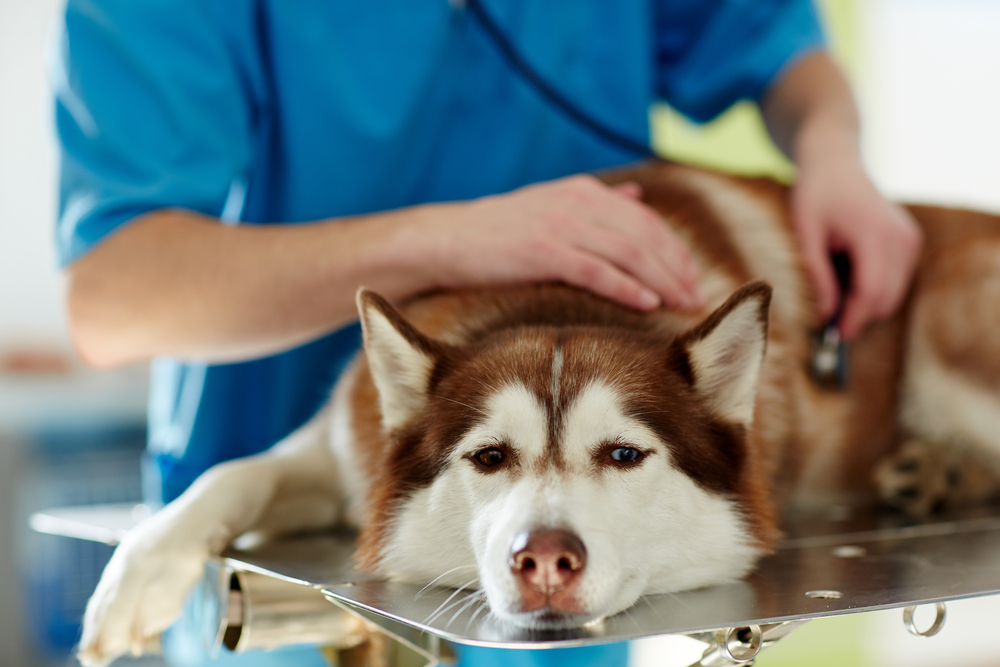
Reports of colloidal silver being used for treating various skin conditions, digestive issues, and other skin complaints faced by dogs, such as allergies, have all been made. Studies discuss the effectiveness of topical colloidal silver when healing troublesome injuries such as burns. However, not enough studies have been performed to safely recommend the use and dosage of colloidal silver in veterinary medicine, nor have they looked into the potential short-term and long-term side effects and contraindications.
Although there are multiple studies on the potential benefits of using silver in human medicine, there are still a lot more questions than answers when it comes to veterinary medicine. Furthermore, veterinary medicine has advanced enough that any benefits a dog could receive from colloidal silver could be replicated more effectively and safely using modern antibiotics and other treatments, with known dosages and described side effects.
The risks of using colloidal silver for your dog generally outweigh any purported benefits. Although colloidal silver and its various forms are widely distributed on the internet, it’s better not to risk causing more harm to your dog if they have a health issue. Like any medicine, if you want to try colloidal silver on your dog, discuss it with your veterinarian before making any decisions.

Risks of Colloidal Silver Use in Dogs
Topical colloidal silver doesn’t carry as many risks as oral colloidal silver does, as it’s more predictable in action. Used topically, unless your dog actively licks the colloidal silver off, it’s unlikely to cause any significant problems, besides stinging if it contains alcohol or leading to skin irritation. However, because it’s not FDA-approved, we do not recommend using any colloidal silver on your dog without speaking to your vet first.
It is when colloidal silver is ingested that it becomes a risk. Colloidal silver can become toxic depending on the dose, especially if used long-term, and may cause damage to organs such as the kidneys and other systems in the body, but it can also damage the delicate microbiome in your dog’s gut. This can cause digestive issues such as vomiting and diarrhea, lethargy, weight loss, muscle weakness, increased or decreased thirst, tremors, seizures, and more.
Toxicity
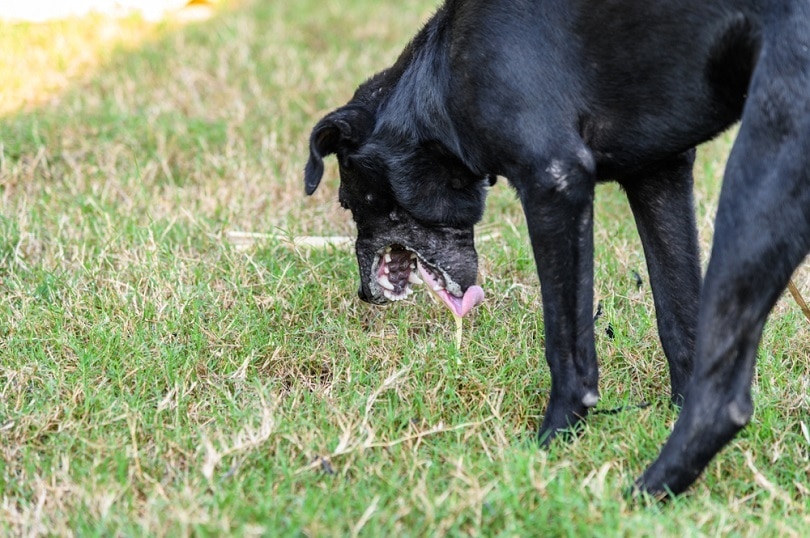
In extreme cases, when overdosed or used long-term, colloidal silver toxicity can cause organ damage and worse. Due to the buildup of silver nanoparticles in the organs (including the kidney, brain, liver, lungs, and spleen), they can be damaged. Neurological issues, including seizures and problems with muscle movement and organ functions, can occur. Blue skin discoloration called argyria can also occur.
I’ve Heard That Colloidal Silver Can Turn Your Dog Blue! Is This True?
One of the many things that repeatedly comes up when speaking about colloidal silver is a condition called Argyria. Argyria is caused by the buildup of silver in the body, which deposits itself in the skin, causing it to turn blue. As well as deposits in the skin, silver can accumulate in other body systems such as the liver, kidneys, and intestines.
Large amounts of silver need to be ingested to cause this. Still, because the amount of silver in colloidal silver preparations found for pets is unregulated, there is a chance that the dosage could be high enough to cause Argyria in your dog.
Drug Interactions
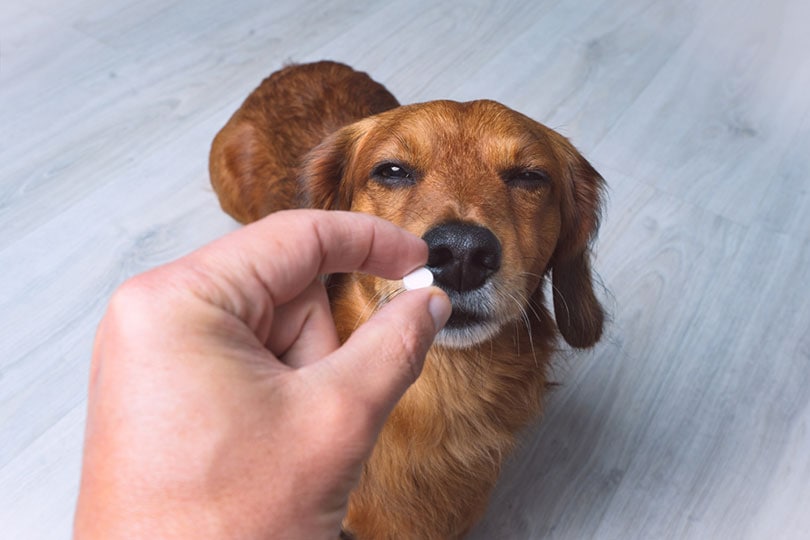
If your dog takes other medications, it’s strongly advised not to give them colloidal silver, especially not without consulting a vet. Colloidal silver may interact with several medicines dogs take, such as levothyroxine for thyroid conditions and antibiotics, such as penicillin. If taken at the same time, colloidal silver can stop these medications from working as they should.
Frequently Asked Questions (FAQs)
Some alternatives to colloidal silver also use silver but have different silver ions, meaning the silver’s effects and actions are different. For example, wound dressings contain silver sulfadiazine, which is another silver nanomaterial.
Silver sulfadiazine effectively prevents infection in wounds and burns or after complex procedures such as skin grafts in people. They have been studied and are different from colloidal silver. However, even though silver dressings are still used in medicine today, more treatments are available that are just as effective or even more effective.
How Can Colloidal Silver Still Be Sold If It’s Dangerous?
Colloidal silver can still be sold because it is branded as a homeopathic remedy or a food supplement, meaning it’s not FDA-registered and does not need to be. The same goes for veterinary-marketed colloidal silver; because it’s classed as an alternative therapy or a supplement, it does not need to be regulated.

Conclusion
The bottom line is that the jury is still out on the safety and indication for use of colloidal silver in dogs. Although it has some reported benefits, particularly for topical applications such as burn healing, more effective treatments are available, particularly with advances in veterinary medicine. Therefore, dogs suffering from burns or other skin conditions will be prescribed specific treatments approved by veterinarians.
Giving your dog colloidal silver orally should not be done without veterinary input, since even preparations sold for animal consumption can have wildly different levels of colloidal silver in them. If you wish to introduce any medication to your dog, please consult your veterinarian.
Featured Image Credit: samray, Shutterstock
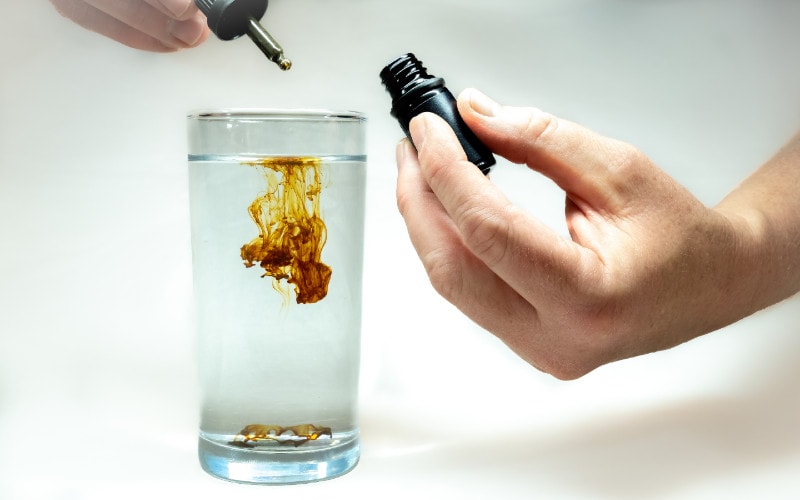



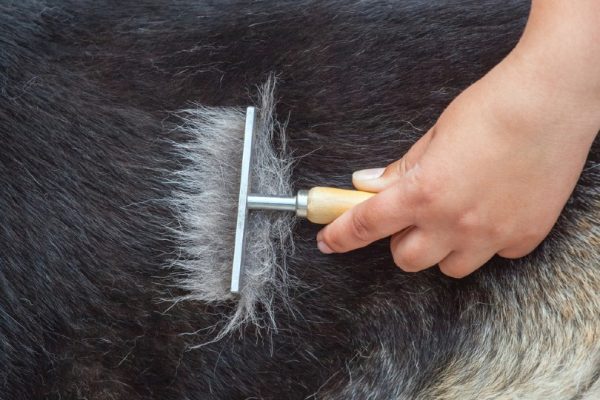
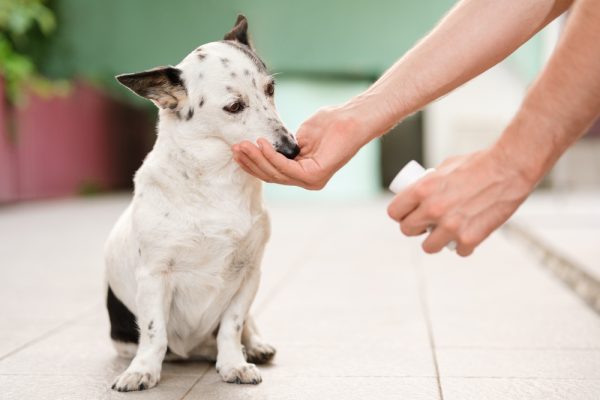


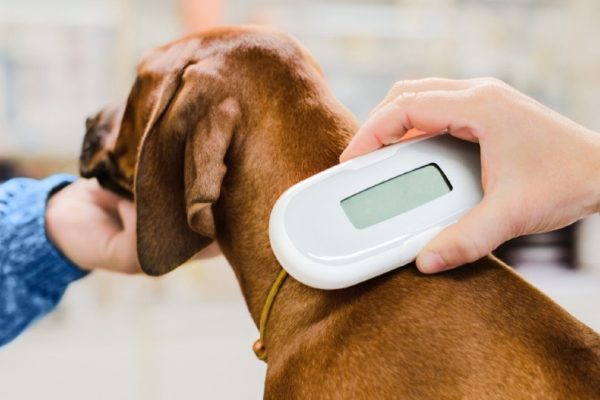

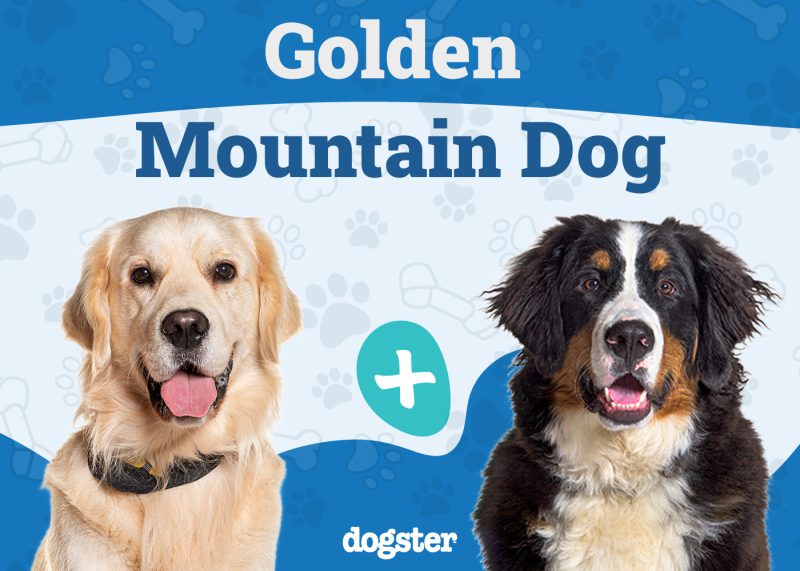



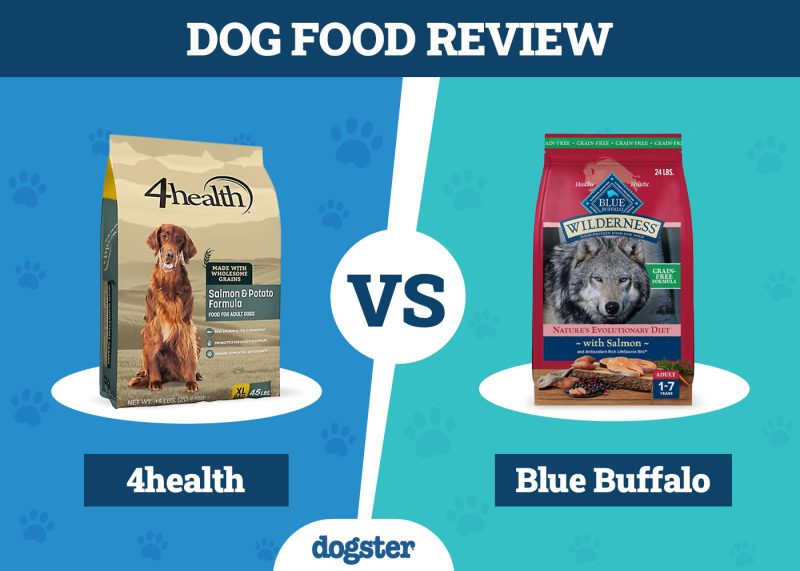







2 Responses
if I sleep on sheets infuser with silver, is it OK for my dog to sleep on these sheets?
Earth and Moon grounding sheet.s?
Hi Susan, thank you for reaching out! After looking into it, I found that Earth and Moon grounding sheets are regarded as safe for pets. They’re even noted for helping pets relax, reducing stress, and supporting their immune system. I hope your dog is enjoying all these wonderful benefits!